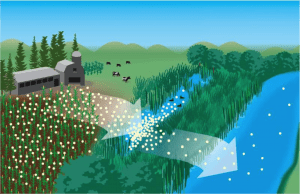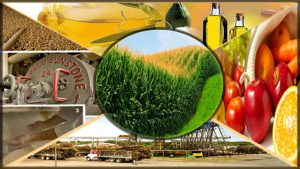 A group of scientists from University of Missouri-Delta Center, USDA, and Chlorogen, Inc. teamed up to study soil water potential affects of protective antigen for anthrax produced in chloroplast transformed Petite Havana tobacco. Tobacco plants with protective antigen genes were transplanted into native soil in a greenhouse floor rather than growing plants in pots.
A group of scientists from University of Missouri-Delta Center, USDA, and Chlorogen, Inc. teamed up to study soil water potential affects of protective antigen for anthrax produced in chloroplast transformed Petite Havana tobacco. Tobacco plants with protective antigen genes were transplanted into native soil in a greenhouse floor rather than growing plants in pots.
This was done to simulate conditions in a large high tunnel greenhouse where tractors and other machinery are used to reduce production costs.
Results showed that increasing biomass with optimum irrigation did not dilute protective in leaves. Applying too much irrigation water was as detrimental to leaf biomass production as not applying enough water. Genetic engineering tobacco for protective antigen caused reduced leaf area in plants. Transpiration was significantly higher with non-transgenic plants indicating that lower irrigation rates may be needed for antigen tobacco.
Agron J 99:1271-77.
Original Article Here







